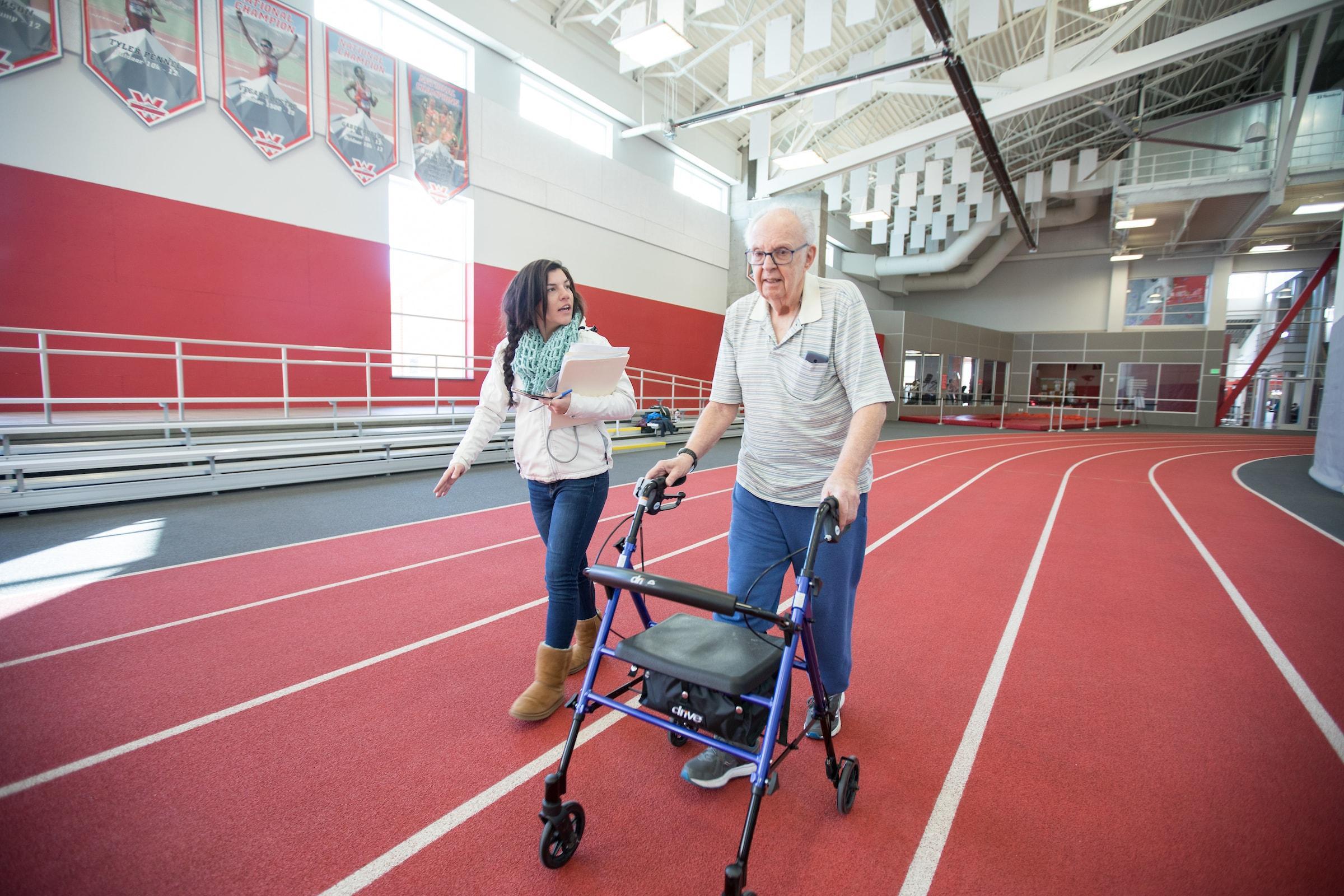Western’s MBS in Rural Community Health is here, and we’re about you. Our mission is meant to provide a creative, academically rigorous space so students can:
- Refine their research talents and take leadership roles in high-impact community health initiatives
- Sharpen their skills of communicating about “community health” and “health equity” paradigms with diverse clients and audiences
- Use tools from behavioral science to enrich communities in meaningful, just ways.
Why an MBS in Rural Community Health?
Western’s new MBS in Rural Community Health is about sharpening students’ skills and abilities to make wise decisions rooted in behavioral science perspectives. Interpersonal skills such as problem-framing, focus group interviewing, and uncovering a community organization’s needs are well-rewarded in various fields. The same is true for technical skills like data compilation and analysis, systematic field observation and assessment, sampling, survey questionnaire development, program evaluation, and research design; all of these skills tend to be well rewarded in the labor market and are transferable across many workplaces.
Those who have graduate-level training in behavioral and social sciences are attuned to the perspectives that will enable them to contribute at a high level to many organizations – government entities, nonprofits, healthcare and other service-oriented organizations, community foundations, planning agencies, and public-private partnerships.
The MBS is meant to build graduates’ capacities as they engage communities in addressing persistent issues such as substance use, mental health problems, social isolation, opioid use, suicide, interpersonal violence and various types of trauma (individual trauma and cultural trauma), healing practices, and other behavioral and social dimensions of health, particularly in rural areas.
What the Program is About
MBS students develop practical knowledge based on cutting-edge scholarship in “adverse childhood experiences” and the modern community health paradigm. MBS students will contribute to communities’ efforts to address difficult issues around substance use, interpersonal violence and other trauma, food insecurity, social isolation, and poverty. Applied behavioral science has become more multidisciplinary in the United States, and Western’s MBS draws on several disciplines (psychology, geography, and sociology) to create a program that will boost the skills of current and future practitioners.
Western’s MBS encourages students and practitioners to embrace broad definitions of “health” and to focus at multiple scales (at individual, family, and population levels) regarding prevention practices, strategies for healing, health promotion, education, and advocacy. MBS students are encouraged to take collaborative approaches toward the opportunities specific to rural regions, and to specialize in topics as diverse as suicide, violence, isolation, poverty, food insecurity, trauma, addictions, lifespan development, positive youth development, as well as the social and geographic patterning of health inequalities.
Specifically, MBS program goals include:
- Improving students’ knowledge of behavioral and social science, especially with the most current research related to the effects of childhood trauma, the psychological and social determinants of addictions, strategies for violence prevention, the effects of chronic poverty, and the role of trauma-informed interventions in contributing to community health.
- Developing students’ capacities for applied problem-solving using tools from behavioral and social science, including the use of appropriate methods, research design, sampling, data collection, data management and analysis, training and technical assistance, partnerships and collaboration, and communicating evidence to public audiences.
- Advancing the role of behavioral and social science in rural communities by preparing practitioners to increase capacity and collaboration among agencies, organizations, and communities.
- Fostering student capacities to work with rural and Native American communities for working on issues of health promotion, healing practices, cultural trauma, youth suicide and substance use, and youth-oriented solutions for health and empowerment.
- Enhancing students’ opportunities to pursue private and public sector careers and doctoral-level research in a range of behavioral and social science fields, including health psychology, prevention, elder care, youth health and empowerment, policy analysis, education and advocacy, training and technical assistance, and program evaluation.
Who is it for?
The MBS is geared toward people who will be or are currently working in behavioral health, public health, and social/human services fields in rural areas of the intermountain West and beyond. Upon completion of the MBS degree, students may wish to pursue or deepen their careers as health educators, evaluation specialists, family support or peer recovery leaders, supervisors in youth- or elder-serving organizations, youth trauma specialists, supervisors for community health workers/teams, addictions specialists, geospatial analysts, and program officers at public health agencies, in the criminal justice system, or in schools, non-profits, and academic institutions.
Credit Requirements and Course Descriptions
MBS is a multidisciplinary 39-credit program that includes coursework in behavioral health, evidence-based prevention practice (qualitative and quantitative) for rural areas, evaluation methods, program planning for community-level health promotions, multi-method research and data-handling, and a 9-credit field-based practicum project. The 39 required credits include a 12-credit core (MBS 601, MBS 601, MBS 603, and MBS 604) and 18 credits of electives, all chosen in close consultation with a faculty advisor, and which include optional 6-credit sequences in lifespan development (MBS 613 and 614) and geospatial analysis (MBS 640 and 660). Students must complete these core and elective credits in addition to a 3-credit practicum proposal and a 6-credit practicum.
Take the Next Step
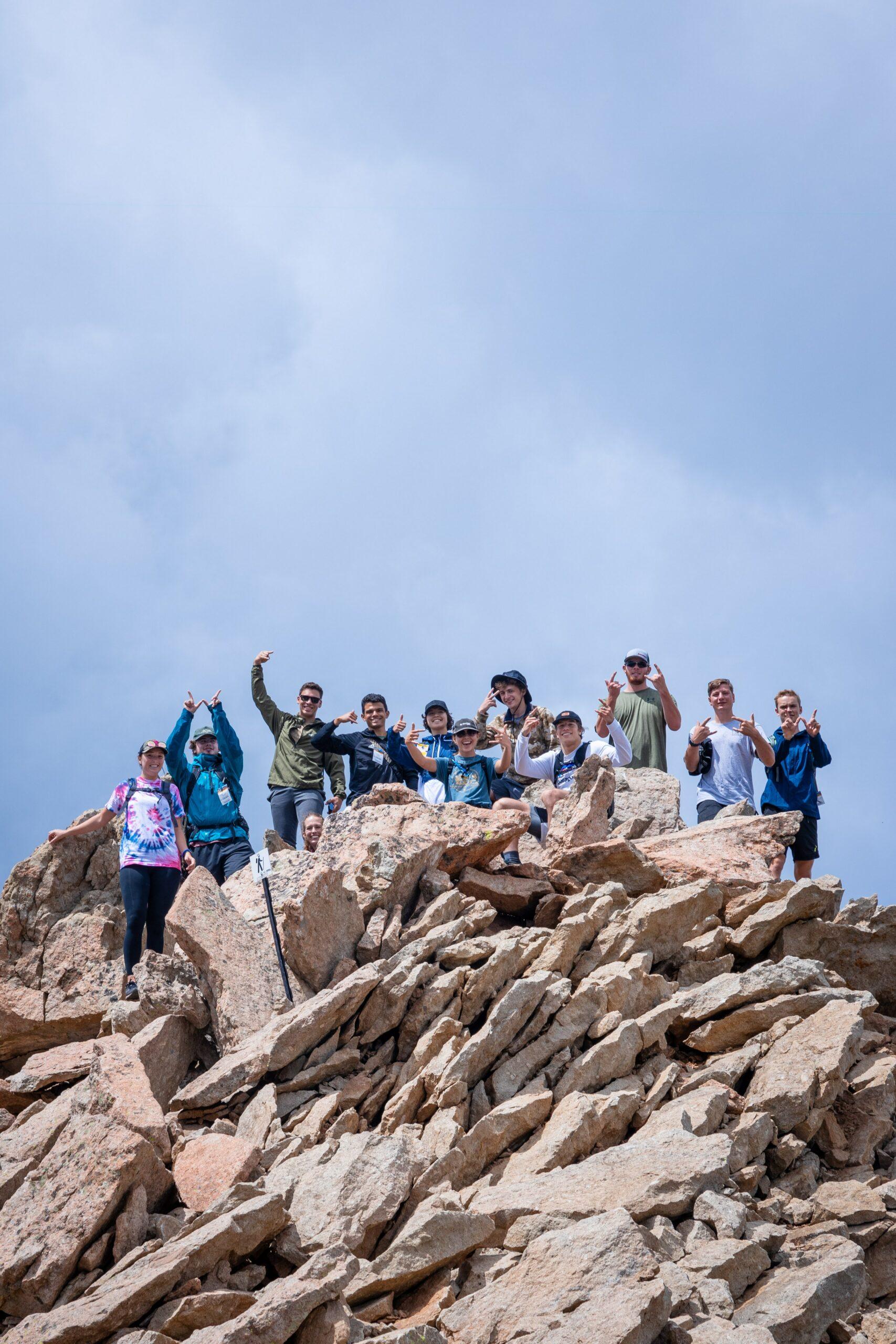
Apply to Western
We understand that applying to a university can be daunting, which is why we make our admission process as simple and straightforward as possible. Learn more about applying to your program of choice at Western.
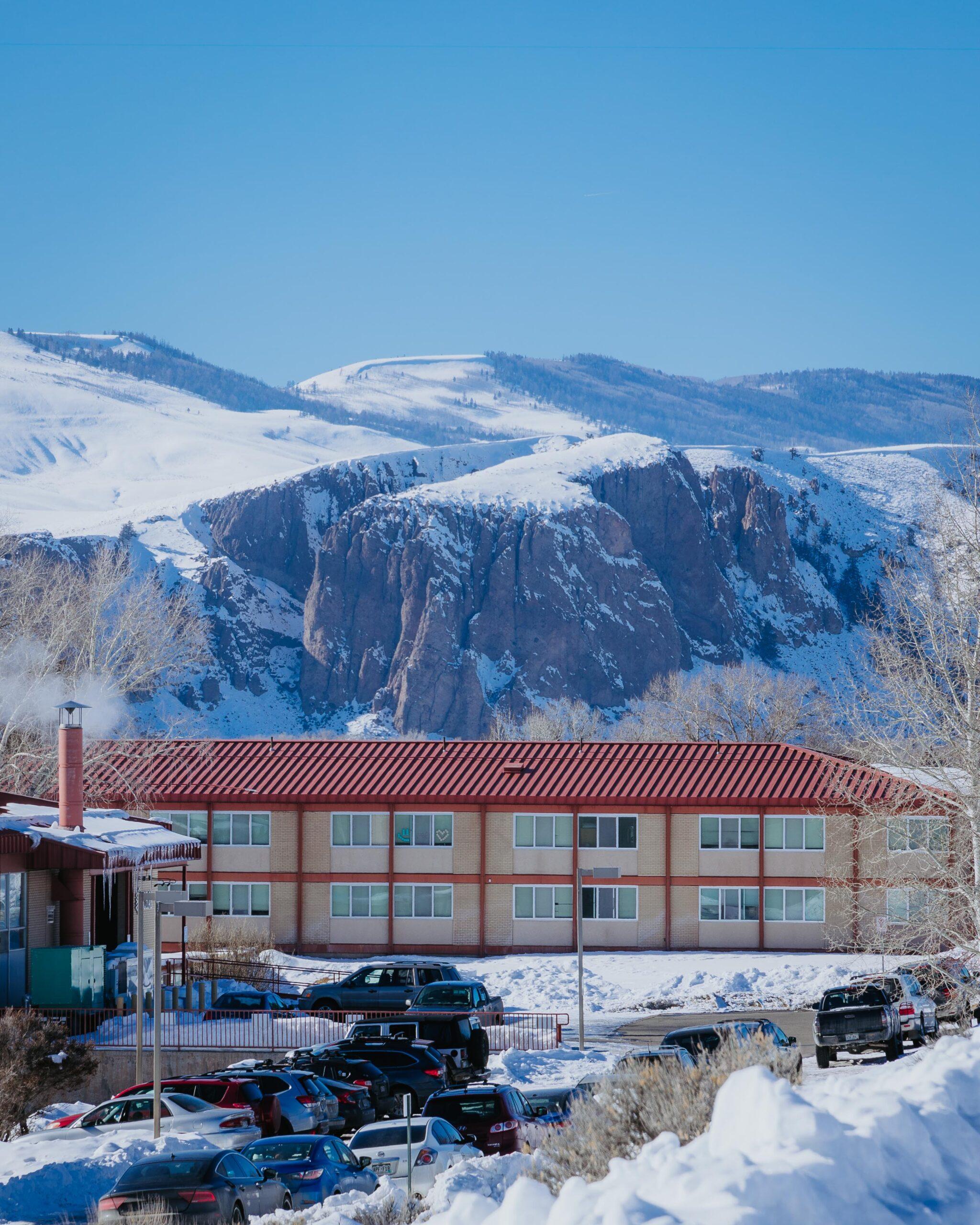
Visit Western
The best way to find out what makes Western such a special place is to experience it for yourself. Our student-led tours give you an insider’s perspective on everything from academics to student life.
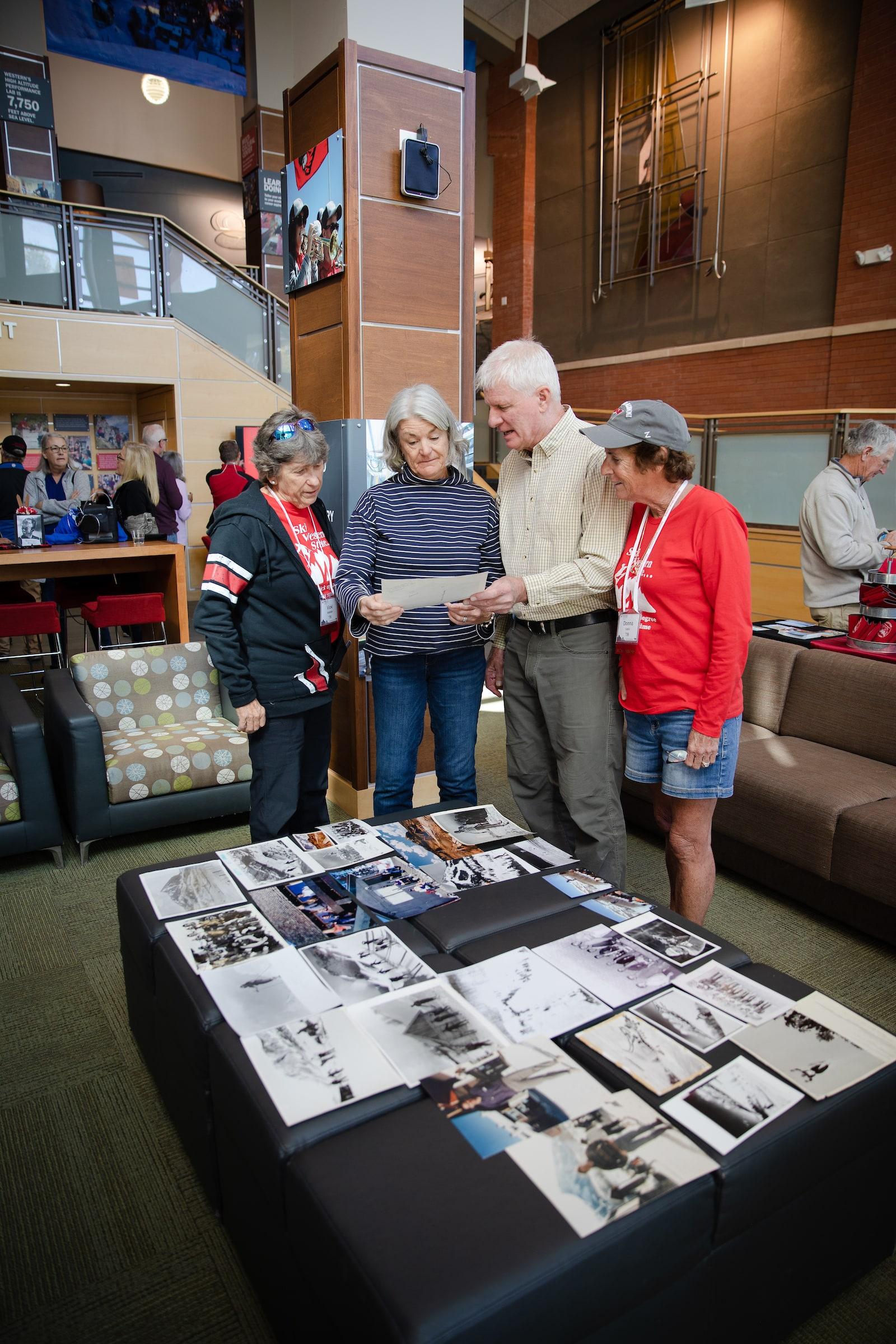
Alumni Community
We keep the Mountaineer spirit going strong within our alumni community. Whether getting together with friends at an annual event, making a donation or mentoring a student, graduates continue to play an important role in the Western community.
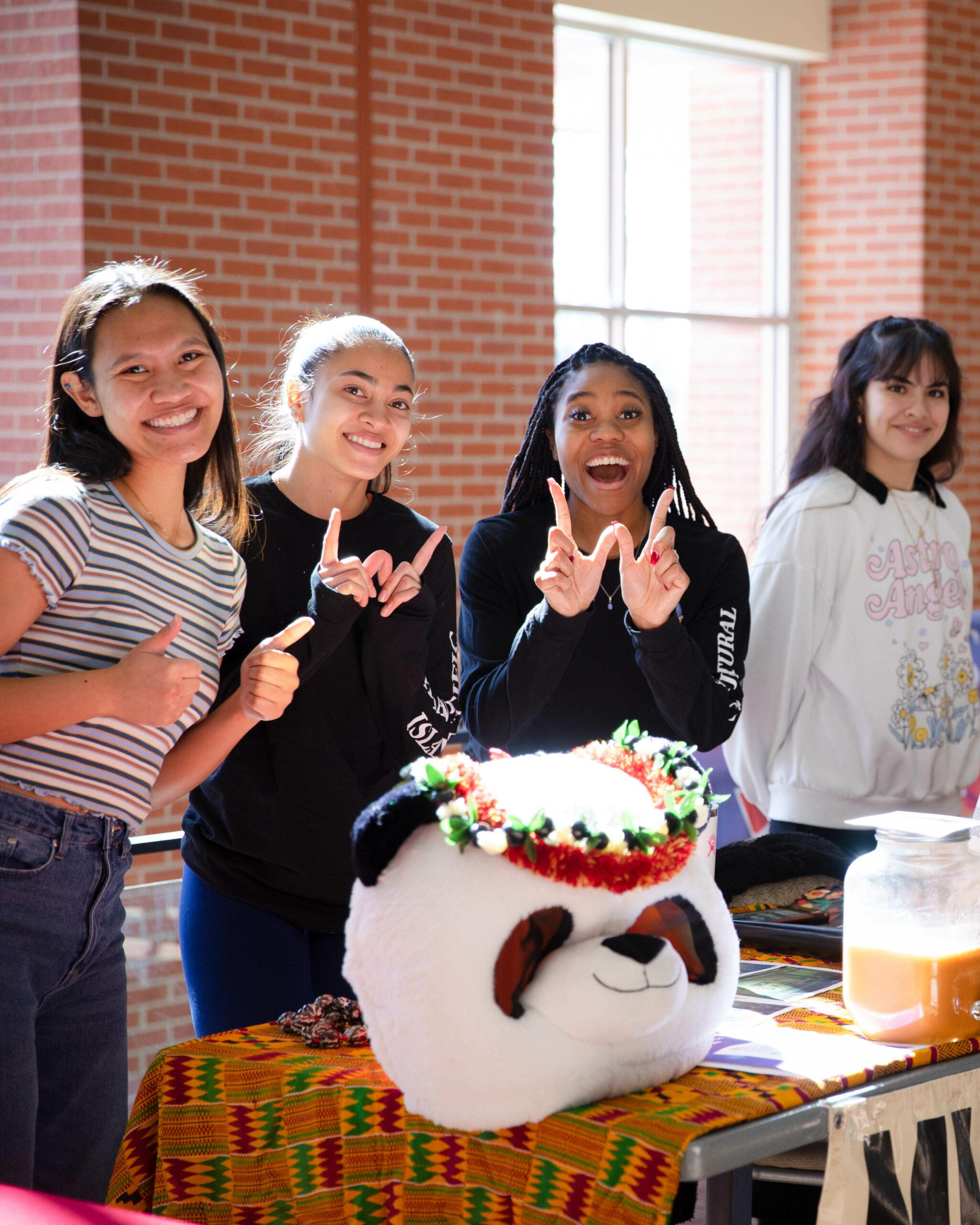
Request Information
Want to discover more about Western? Request information today to get in touch with the admissions team.
